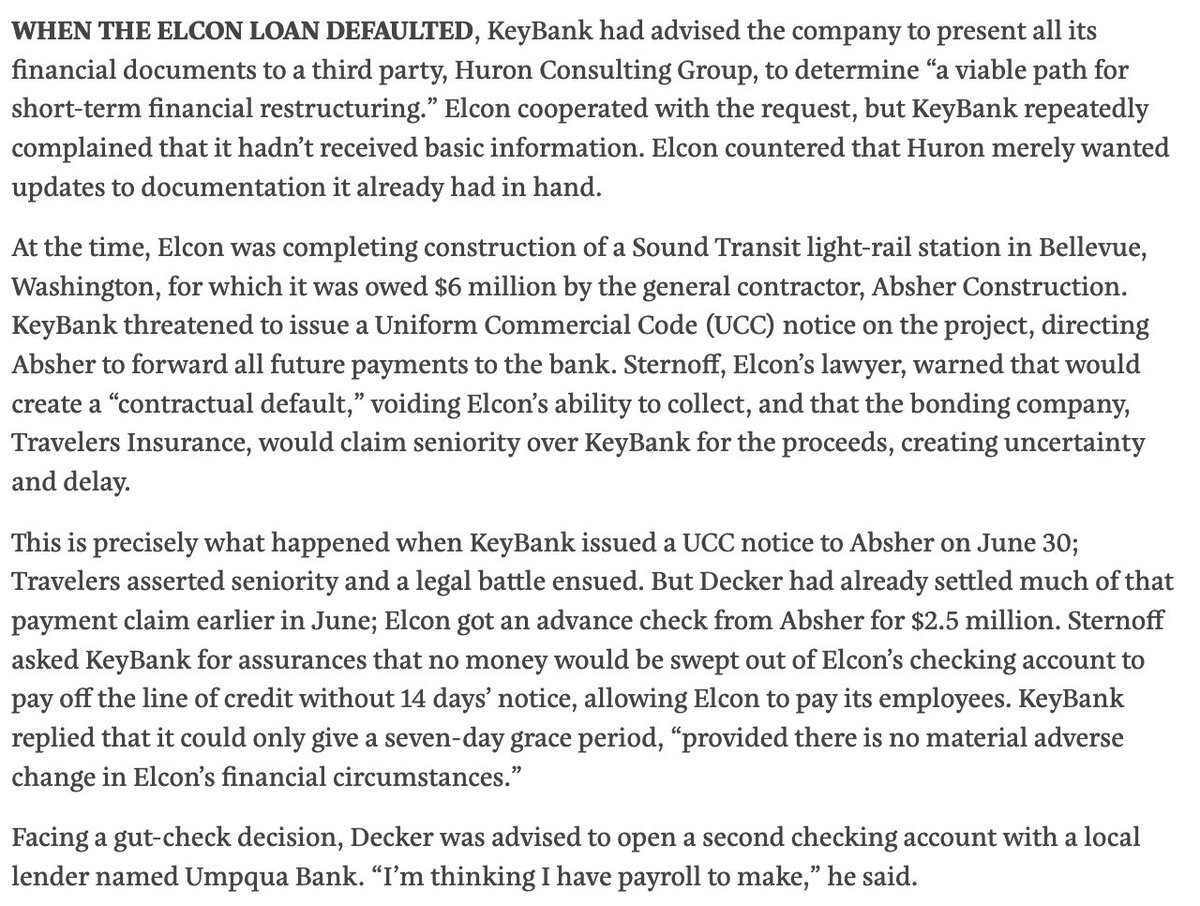Listening to Mondaire Jones, Jamaal Bowman and Summer Lee at the #nn20 keynote.
I should mention that I'm on two #nn20 panels back to back tomorrow.
First, moderating a panel on the post-Covid economy with Ro Khanna, Zephyr Teachout, Joe Sanberg, Holly Mitchell, & Riana Gunn-Wright at 2pm ET
First, moderating a panel on the post-Covid economy with Ro Khanna, Zephyr Teachout, Joe Sanberg, Holly Mitchell, & Riana Gunn-Wright at 2pm ET
Then at 4pm ET, on a panel on reviving regulation with Rob Weissman and Public Citizen.
Full day! If you're registered, check it out. #nn20
Full day! If you're registered, check it out. #nn20
• • •
Missing some Tweet in this thread? You can try to
force a refresh
















